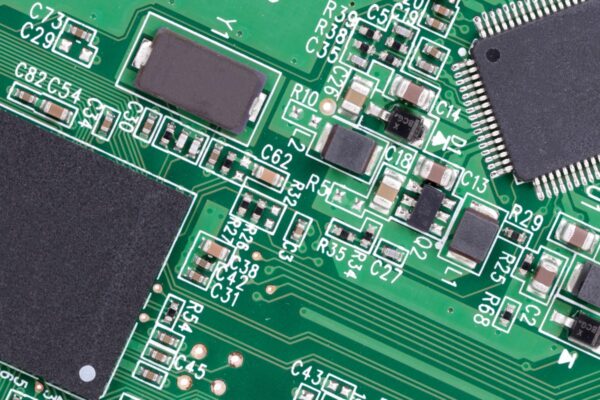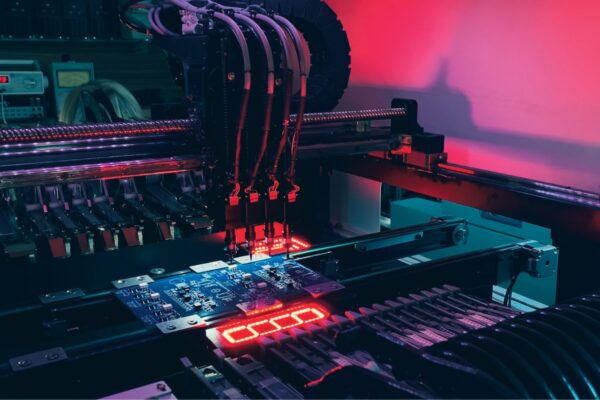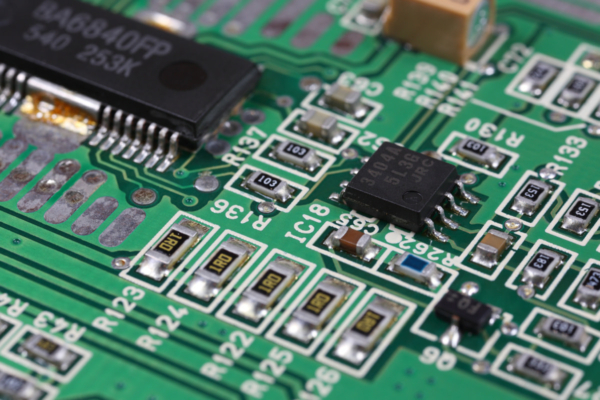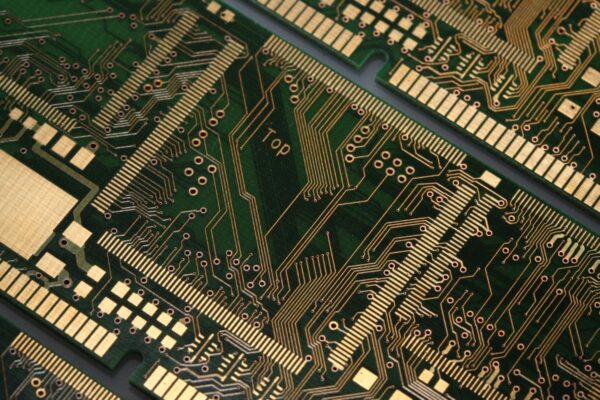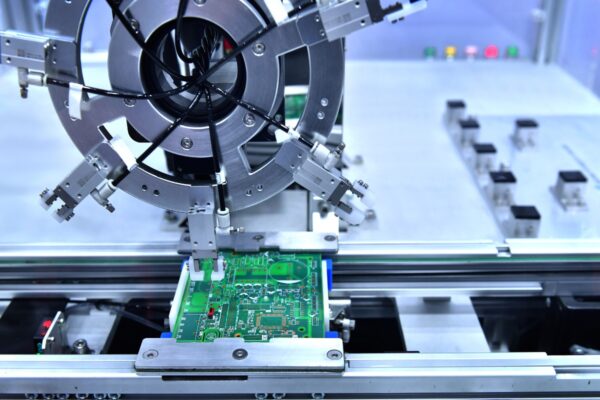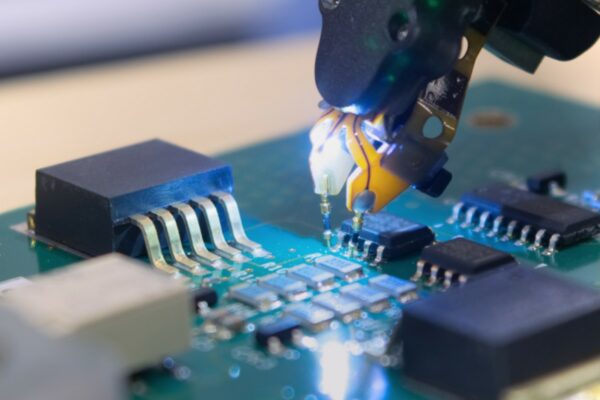What is MCM-L
MCM-L (Multi-Chip Module-Laminated) is a type of interconnection technology that is specifically based on organic laminate technology, which utilizes advanced materials and processes to achieve smaller feature sizes and more precise component placement compared to traditional PCBs.
Compared to conventional PCB assembly practices, MCM-L employs bare die interconnected with wire bonding or flip chip processes, resembling what was once known as hybrid microelectronics. However, MCM-L distinguishes itself by utilizing a laminated organic structure as the substrate instead of ceramic or silicon.
MCM-L is renowned for its cost-effectiveness and is often considered the most affordable among the three major MCM technologies. It is also commonly referred to as chip-on-board (COB), although some minor distinctions may exist between the two.
The manufacturing process of MCM-L substrates involves several key steps. This includes selecting appropriate core and prepreg layers based on electrical and mechanical performance criteria, photolithographic patterning and etching of copper conductors on the core layers, drilling of vias (blind, buried, or full through-holes), lamination of the cores using prepreg layers, and plating of drilled holes.
